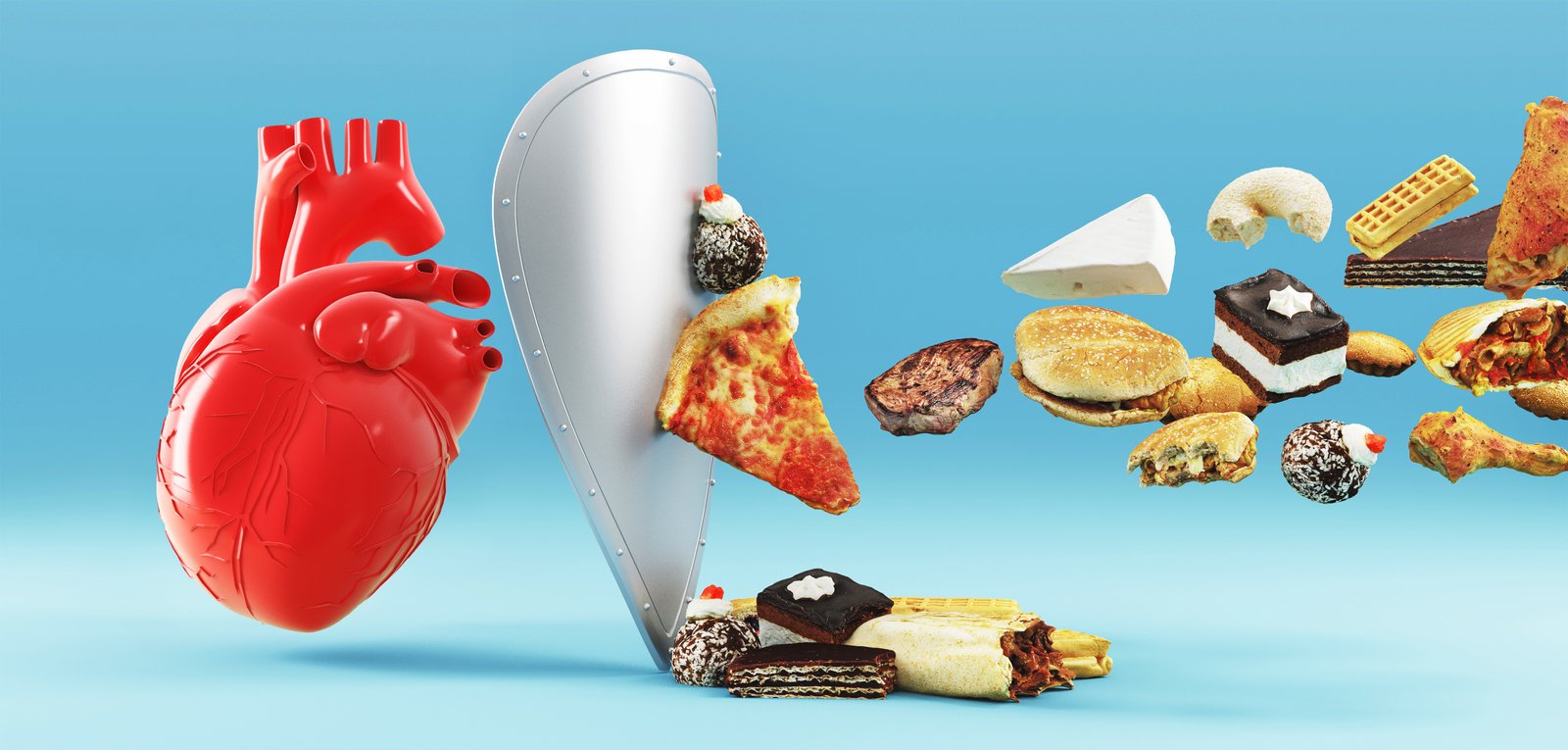
What Happens If Cholesterol Is High? Understanding the Silent Risk
Cholesterol – it's a word most of us have heard at our doctor’s office or read on a health report. But what happens if your cholesterol levels are too high? Why do doctors keep emphasizing it during every routine health check-up.
What Is Cholesterol?
Cholesterol is a waxy, fat-like substance found in your blood. Your body needs some cholesterol to build healthy cells, produce hormones, and aid digestion. However, too much of the wrong kind of cholesterol can be harmful.
There are two main types of cholesterol:
- LDL (Low-Density Lipoprotein) – “Bad” cholesterol
- HDL (High-Density Lipoprotein) – “Good” cholesterol
High levels of LDL cholesterol and low levels of HDL can lead to serious health problems.
What Happens When Cholesterol Is High?
1. Clogged Arteries (Atherosclerosis)
LDL cholesterol can build up on the walls of your arteries, forming plaque. Over time, this plaque hardens and narrows the arteries, reducing blood flow to vital organs.
2. Increased Risk of Heart Attack
If the plaque ruptures, it can form a blood clot that blocks blood flow. If this happens in the coronary arteries, it can trigger a heart attack.
3. Higher Risk of Stroke
Just like in the heart, blocked arteries in the brain can cause a stroke. High cholesterol is one of the top risk factors for brain-related vascular diseases.
4. Peripheral Artery Disease (PAD)
Reduced blood flow to limbs due to plaque buildup in the arteries of the legs can cause pain, numbness, and even serious infections or tissue damage.
5. No Symptoms – Until It's Serious
High cholesterol doesn’t usually cause symptoms. That’s why it’s often called a “silent killer.” Regular check-ups are the only way to know your cholesterol levels.
Who’s at Risk?
- People with a poor diet high in saturated and trans fats
- Smokers
- Individuals with a family history of high cholesterol or heart disease
- Overweight or physically inactive people
- People with diabetes
How to Manage High Cholesterol
- Eat heart-healthy foods: Increase fruits, vegetables, whole grains, and healthy fats (like omega-3s).
- Limit saturated fats and trans fats
- Exercise regularly: Aim for 30 minutes of moderate activity most days.
- Quit smoking
- Limit alcohol
- Take medications if prescribed, such as statins
When Should You Check Your Cholesterol?
Doctors recommend getting your lipid profile tested:
- At least once every 5 years after age 20
- More frequently if you have risk factors like obesity, diabetes, or family history
Final Thoughts
High cholesterol doesn’t show signs early on—but its effects can be life-threatening. The good news is that cholesterol is manageable, and by making small changes today, you can protect your heart, brain, and overall well-being tomorrow.
Stay informed. Stay active. Stay heart-healthy.

